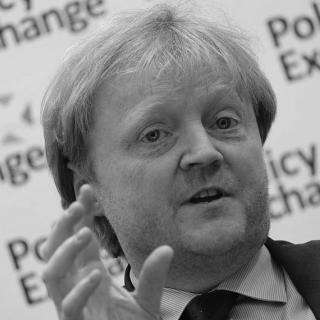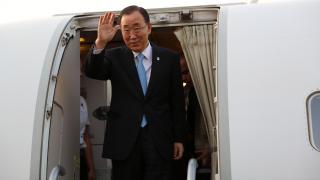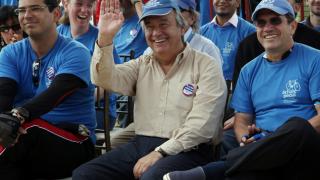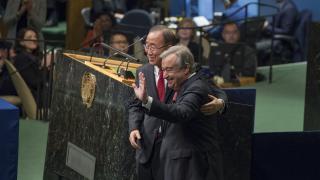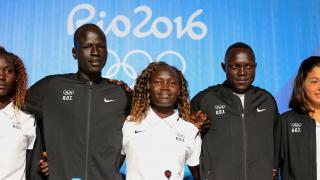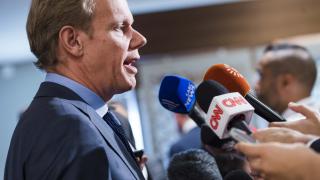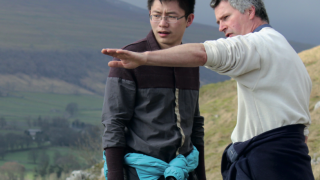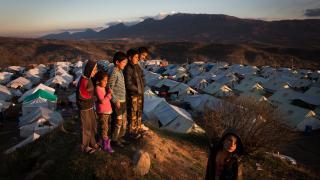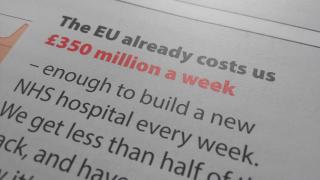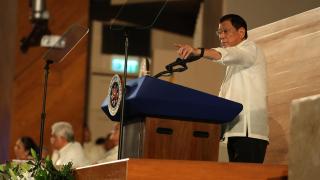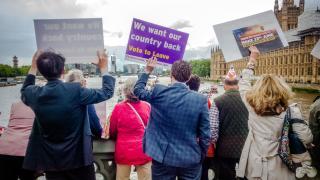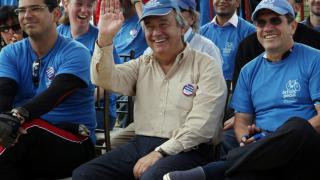
2016 will be remembered as a year of momentous change and momentous challenges. But one change reflects an extraordinary success for UNA-UK’s 1 for 7 Billion campaign. In October, former Portuguese Prime Minister António Guterres was confirmed as the next UN Secretary-General, following the most transparent contest for the post in UN history. UNA-UK led the push for a more open, inclusive and meritocratic selection process – to enable people across the world to examine the candidates’ ideas and engage with them directly. As US Ambassador to the UN Samantha Power recognised, Guterres’ selection owed a great deal to his “breakthrough” moment at the General Assembly candidate hearing.
As the Guterres era begins, our attention must now shift to ensuring that the UN fights to become more effective in the midst of ever-mounting challenges. The UN Secretary-General has no direct power over member states. He relies on moral authority, soft power and his ability to build alliances. UNA-UK, along with other supportive organisations, has a crucial role to play here, in particular in making the case for the voices of global citizens to be louder, and to be heard clearly at the UN. In coming weeks, we will be setting out our priorities for Mr Guterres, including on how the UN can engage more with civil society.
We are also going to work hard on an agenda to Keep Britain Global – to insist that the UK Government remains engaged in the world, living up to its international obligations and forging a new leadership role across the security, economic, development, environmental and human rights agendas.
We are under no illusion that this will be easy. As Owen Jones observes in this publication, recent months have seen the rise of competing aggressive nationalisms across the world. These movements have found success by answering people’s concerns about economic insecurity and their anger against political elites with a politics of blame, and recommending a retreat from international engagement (and international institutions) in favour of asserting national interests against the rest of the world. The oxygen that enables this nationalism to thrive in the West is in part the failure of mainstream politics to sustain a genuinely shared prosperity. But it also thrives on the use of social media to amplify myths and prejudices about minorities.
In days such as these, those of us who believe that a more secure world depends on strengthening international co-operation have a fight on our hands. But it is a fight that UNA-UK is ready to have. We need to counter the pessimism of “post-truth politics” with the optimism of people-centred politics. The appeal of nationalism is the antidote it claims to provide in an era of rampant globalisation, when many feel as though politics has become the pastime of an elite detached from the national interest. We must present an alternative that involves reconnecting our political institutions – national and international – to the people they serve.
Now is the moment to examine the rise of post-truth politics, and the reasons for its appeal. I hope you enjoy what our authors have to say, and that it inspires you to think of how you can play a part in our work.
Photo: Copyright Cancillería del Ecuador/CC

